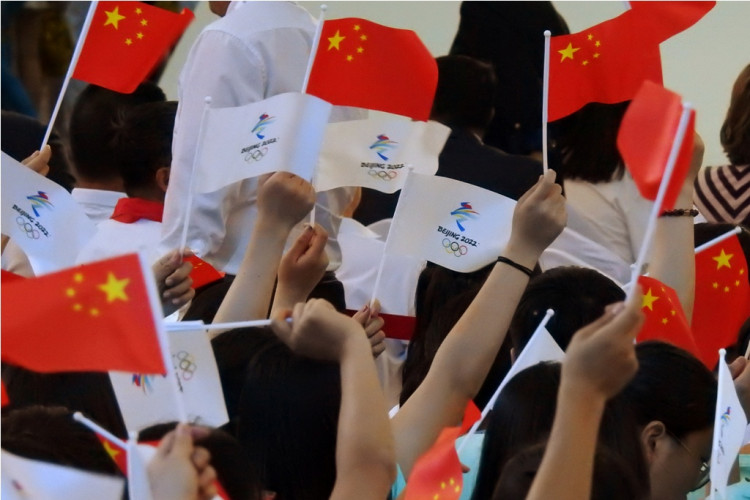Beijing further strengthened its stance against the United States on Tuesday through a warning against traveling, seeking careers, and pursuing studies in the western country. Analysts predicted that the latest move could allow for a massive decline in Chinese student visa applications.
Multiple outlets confirmed that Chinese state broadcaster CCTV revealed the safety warning for citizens in China as delivered by the government's Ministry of Foreign Affairs. According to CNBC, the ministry noted that there have been restrictions on student visas applications submitted by Chinese aspirants.
Industry experts and spectators argued that the warnings could largely decrease the number of Chinese learners applying for student visas to the U.S. China's education ministry has reminded students earlier to prepare accordingly for potential issues that could come with their applications.
Chinese citizens are generally patriotic and most of them are avid supporters of the government. Experts suggest that even learners could rally behind the latest travel warning that will soon rock the U.S. tourism sector.
Before the safety warnings were aired on Tuesday, China's Ministry of Education already made a warning on Monday regarding the issue. The earlier warning pointed out that the U.S. government has shortened the validity period of Chinese student visas.
Aside from shorter validity, review periods for visa applications among Chinese students are now reportedly longer. Finally, refusal rates are reportedly higher amid the China-U.S. trade war that has been affecting other sectors besides education.
Warnings against traveling to the U.S. came amid escalating trade disputes between China and the U.S. The escalation was heightened after the White House blacklisted Chinese tech giant Huawei two weeks ago.
Beijing issued a white paper on Sunday, providing details about its stance on the trade deal fallout. At that time, U.S. analysts suggested that China was trying to put all the blame on President Donald Trump's administration for backtracking on the terms of the deal.
Chinese analysts believe otherwise. Most economists in China believe that Beijing wasn't trying to join the blame game. Instead, the Chinese government issued the official document in preparation for potential talks to resume.
While Beijing did mention that the U.S. should take responsibility for the trade deal getting halted, Chinese analysts said the government also hinted on its white paper that it is willing to renegotiate as long as matters regarding principle are not sacrificed.
Chinese and American delegations are expected to meet for potential talks during the G20 summit in Osaka, Japan late this month. President Xi Jinping has yet to confirm whether he will meet with Trump or not for the trade deal.





